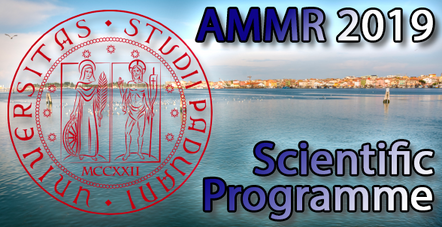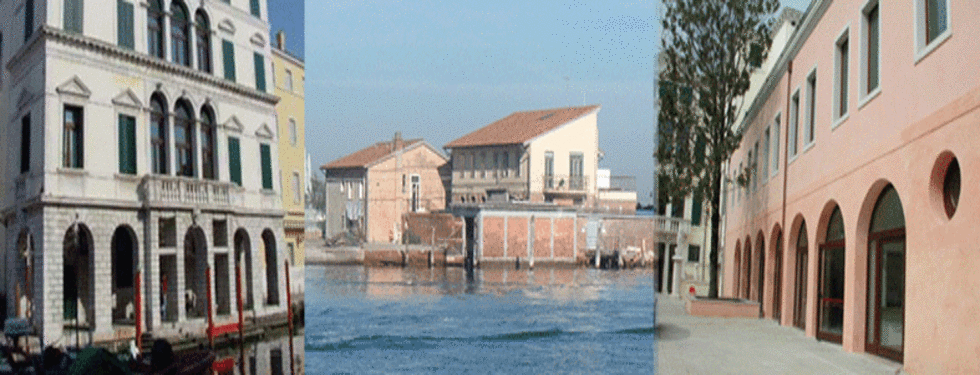
3rd International Symposium on the Advances in Marine Mussel Research
Location: Palazzo Grassi, Riva Canal Vena 1281-Calle Grassi Naccari, 30015 Chioggia (Venice) Italy
Pubblicato il: 19.06.2019 14:47
Mussels of the Mytilus species complex, such as M. edulis, M. galloprovincialis and M. trossulus, are commonly found at intertidal level in coastal waters of both hemispheres. They are filter-feeding bivalve molluscs and key components of the benthic communities of rocky substrates.
Chemical and biochemical data on mussel composition appeared in the scientific literature straddling the 19th and 20th centuries, according to R. J. Daniel and W. Doran (Biochem J. 1926). Since then, physiological, ecological and evolutionary studies on mussels significantly increased. More recently, the advances in sequencing technologies and in bioinformatics have opened the way to high throughput transcriptomics, proteomic research and, finally, to the whole-genome sequencing of M. galloprovincialis (Lamarck, 1819).
Marine mussels thrive in various habitats and are regarded as invasive species. They are traditionally farmed worldwide as seafood and therefore represent a valuable resource to be protected and expanded in the future on the basis of multidisciplinary knowledge.
While geographical hybridization zones between species of the Mytilus complex represent an interesting system to study the divergence history of mussels populations, interspecies introgression and the evolution of adaptive traits, mussels continue to be used as sentinels of sea water quality in environmental surveys initially proposed as “world mussel watch” by E. D. Goldberg (Goldberg, Mar Pollut Bull. 1975). Among their peculiarities, mussels display an unusual mechanism of mtDNA transmission, called “doubly uniparental inheritance” and also related to sex determination, with one of two different mtDNA genomes passing from mother to daughter, like in other animals, and the other one from father to son. Furthermore, marine mussels with their genes and proteins are evolution-driven marvels to consider for technical and biotechnological innovations in our daily life, as for instance the byssus proteins and antimicrobial peptides.
AMMR 2019 will be an important occasion to exchange news and views on the mussel gene families and species-specific genes, to better appreciate life traits and evolution of these fascinating marine invertebrates and to understand the bivalve mollusc phenotypes in health and disease.
So, AMMR 2019 will likely testify a turning point towards knowledge-based progresses in mollusc farming and in the surveillance of coastal water quality during the global warming as well as in mussel-inspired biotechnological solutions.
We are very pleased to host AMMR 2019 in the University of Padova, where several researchers currently investigate mussels for basic and applied purposes, and in Chioggia, where the MS course in Marine biology takes place in Palazzo Grassi, a 18th-century palace hosting both student classrooms and the marine zoology Museum “Giuseppe Olivi”.
At foot distance from Palazzo Grassi and integral part of the Department of Biology of the University of Padova, the marine station Umberto D’Ancona regularly hosts Italian research teams and foreign visitors (see more in English at https://chioggia.biologia.unipd.it).
THE SCIENTIFIC PROGRAMME IS NOW AVAILABLE AT https://www.biologia.unipd.it/ammr-2019/programme/scientific-sessions-26-27-aug-2019






